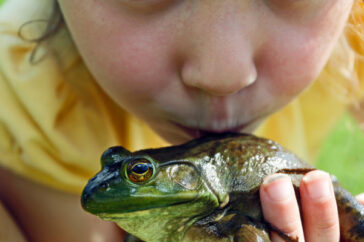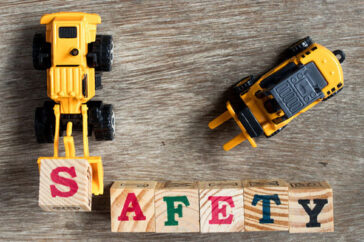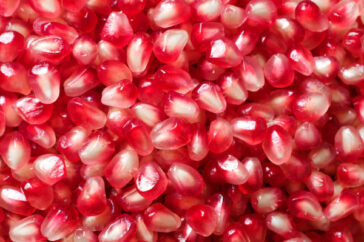Loneliness is complicated. You can feel lonely when you lack friends and miss companionship, or when you’re surrounded by people — even friends and family. Either way, loneliness can have devastating health effects. It boosts risk for coronary artery disease, stroke, depression, high blood pressure, declining thinking skills, inability to…
-
-
Are poinsettias, mistletoe, or holly plants dangerous?
Last winter, my wife shooed the dog and visiting toddlers away from our poinsettia plants, saying “they’re poisonous, you know.” I did not know. But it turns out that the belief that poinsettias are deadly is widespread. The same could be said for mistletoe and holly. But are their reputations…
-
Winter hiking: Magical or miserable?
By midwinter, our urge to hibernate can start to feel constricting instead of cozy. What better antidote to being cooped up indoors than a bracing hike in the crisp air outdoors? Winter backdrops are stark, serene, and often stunning. With fewer people on the trail, you may spot more creatures…
-
Chronic fatigue syndrome is rising
Bone-deep exhaustion not eased by rest, lasting six months or more. Brain fog. Pain. These and other symptoms are hallmarks of myalgic encephalitis/chronic fatigue syndrome (ME/CFS). People who have it find their symptoms often spike after minor daily tasks, work, and other exertions. A new CDC report estimates 3.3 million…
-
How healthy is sugar alcohol?
If you are trying to cut back on added sugar — and you should, because excess sugar increases risks for obesity, diabetes, and heart disease — you might be tempted by products advertised as low sugar, no sugar, or sugar-free. Many contain familiar low-calorie sugar substitutes like aspartame or sucralose…
-
Small pets are delightful, but some carry dangerous bacteria
Small animals like turtles, iguanas, and frogs are often chosen as first-time pets for children because they are easy to interact with and low maintenance for busy households. While they can be fun, it may be best to avoid them. The reason? “Reptiles and amphibians can carry germs that make…
-
Magnets, sound, and batteries: Choosing safe toys
This holiday season, as parents, friends, and family set out to buy toys for children on their lists, or donate them to those in need, here are some suggestions for things you shouldn't buy — and those you should. Not all gifts need to be purchases, of course. Opportunities for…
-
Immune boosts or busts? From IV drips and detoxes to superfoods
Ever see ads for products that promise to supercharge immunity? Activate your body’s natural defenses? Support a healthy immune system while delivering a potent boost derived from nature’s hottest immune-enhancing ingredients? While the words may change to reflect the latest trends, the claims certainly sound amazing. But do the multitude…
-
No-cost, low-cost, and bigger splurges for climate-conscious gifts
Looking for gifts to give or donate this year? Climate-conscious gifts come in many guises. They may directly support our environment, for example, or aim to reduce fossil fuel use and electronic, textile, and food waste. Or they might offer enjoyable, creative ways to connect, reuse, and recycle — and…
-
After prostate cancer treatment, a new standard of care for rising PSA
It isn’t often that a study leads to fundamental changes in how cancer patients are treated. But new research is doing just that for some men with prostate cancer that recurs after initial treatment. Post-treatment recurrence The first sign of recurrence is typically a rise in blood levels of prostate-specific…









